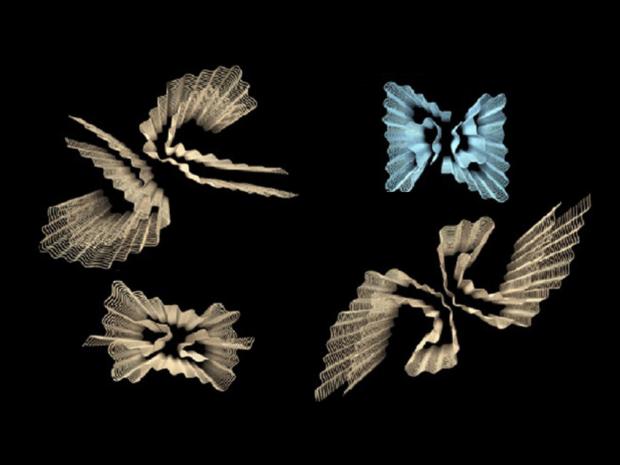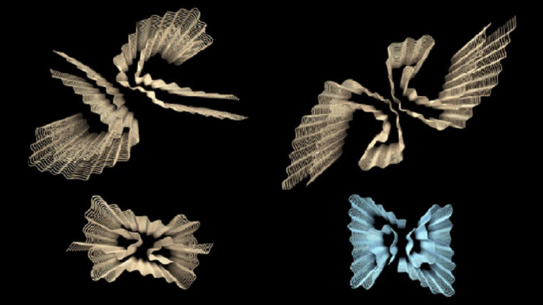Unraveling the Molecular Events in the Progression of Alzheimer’s Disease

Speaker:
Lee Makowski, Ph.D.
Professor and Chair, Department of Biomedical Engineering
Northeastern University
Abstract:
How exactly Alzheimer’s is progressing is still not understood. Professor Makowski is studying the molecular mechanisms of the disease in hopes of understanding how it spreads, which could open avenues for better treatment. His teams is particularly interested in changes to the molecular structure of the amyloid plaques and neurofibrillary tangles that grow throughout the brain over the course of the disease. They use X-ray scanning microdiffraction to examine and quantify these changes. This method also allows them to see how the fibrils interact with different protein structures in the brain and whether these interactions aid in progression. Over the last years, several promising therapeutics have been approved for slowing down the progression of Alzheimer’s by about 20% to 30%. Prof. Makowski’s research, if successful, could help in the development of treatments that could slow the disease even further if researchers can figure out how to disrupt the interactions causing the plaques to grow.
Lee Makowski received his B.S. at Brown in physics, and Masters and Ph.D. at MIT in electrical engineering. After doing postdoctoral research at Brandeis University in structural biology, he became an Assistant Professor the Department of Biochemistry at Columbia. Subsequently, he moved to Boston University as Professor of Physics and later accepted a position as Director of the Institute of Molecular Biophysics at Florida State University. In 1998 he joined the NSF where he was a Program Director first in the Biology Directorate and then in the Division of Materials Science. From 2000 until 2010 he was at Argonne National Laboratory, first as Biosciences Division Director and then as Senior Scientist. In 2012 he joined Northeastern. He is an author of over 100 research pa-pers and numerous review articles on innovative ana-lyses of biophysical data with focus on x-ray and neutron scattering and x-ray imaging.


